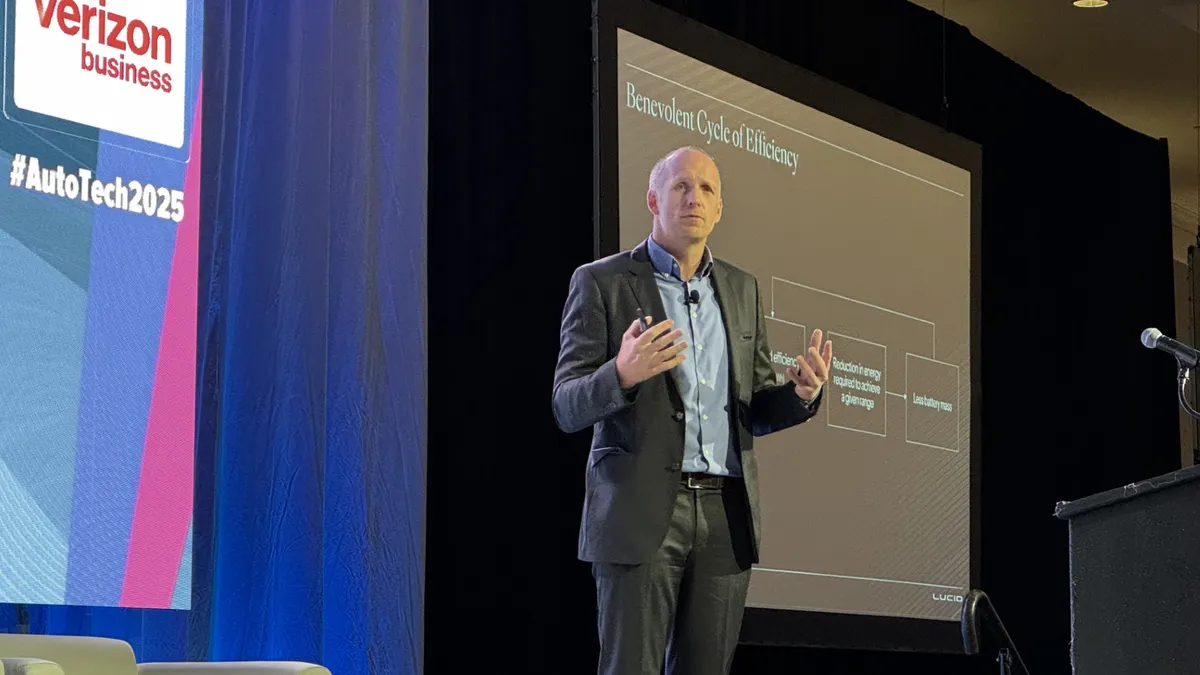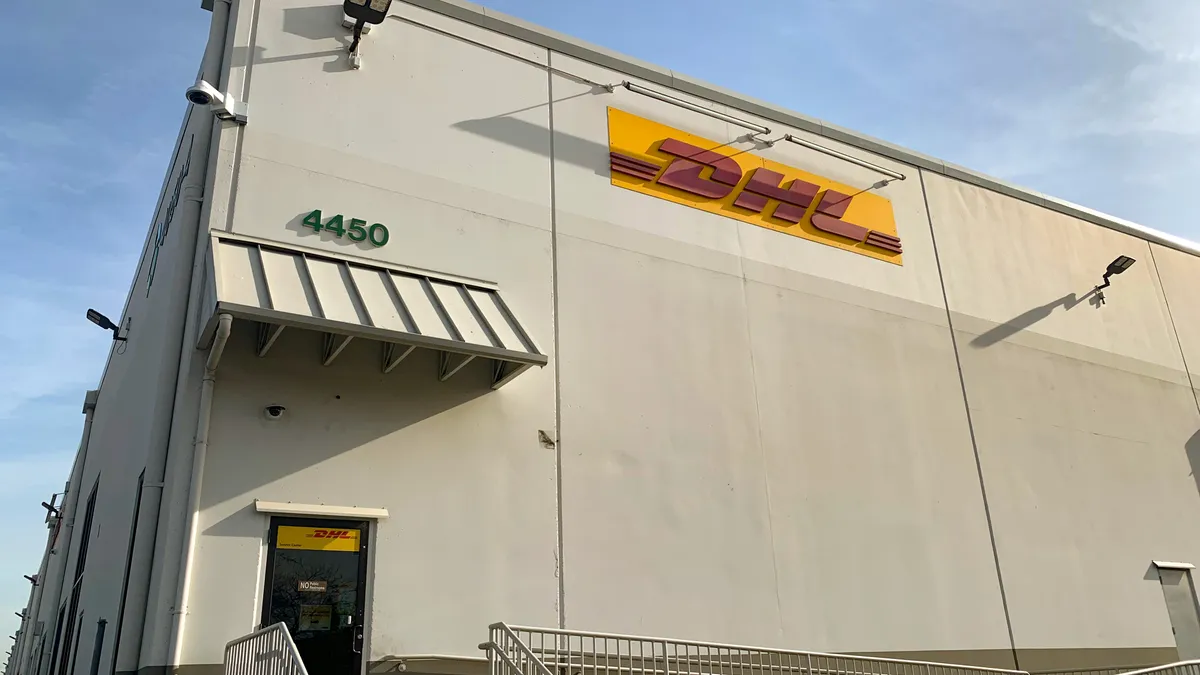Many buyers are caught between social responsibility and economics. Those working in low-cost-at-all-cost operations are often forced to make procurement decisions that violate their own personal sustainability and social responsibility beliefs.
They can practice sustainable strategic sourcing, or the greening of the supply chain, only when it is the lowest cost alternative to an existing non-sustainable product. Cost pressures often win the day.
Thankfully, the gap between sustainable and low cost procurement is narrowing. Buyers have greater choices in sourcing sustainable products from suppliers with a strong belief in corporate social responsibility.
The gap between sustainable and low cost procurement is narrowing.

Supply Chain Dive
An increasing number of suppliers have embraced sustainability as an operational philosophy, and that has changed pricing and market strategies.
Sustainable efforts often help to simplify and streamline supply chain operations, providing an economic benefit for customers and suppliers alike through lower prices and improved service levels.
Now, the green alternative is frequently the low cost alternative. Positive economics around sustainability has taken hold and the supply chain — and society — are better for it.
Socially responsible procurement is imperative for sustainable supply chains
The Institute for Supply Management (ISM) defines socially responsible procurement as: "a framework of measurable corporate policies and procedures and resulting behavior designed to benefit the workplace and, by extension, the individual, the organization, and the community."
Socially responsible procurement includes diversity and inclusion through support for historically underutilized businesses (HUB) and small business, environmental protection, ethical considerations, health and safety for employees and the respect for human rights throughout the supply chain.
Socially responsible procurement is not just focused on the behaviors of an organization, but those of its suppliers — and theirs — throughout the supply chain.
Many companies have statements and policies on corporate social responsibility (CSR), and the activities of the supply management organization certainly should be included in those policies.
The green alternative is frequently the low cost alternative.

Supply Chain Dive
While there may be strategy alignment with our critical and prime suppliers, as the supply chain expands globally it may be tougher to determine the sustainability actions of an extended supply base. The last thing anyone wants to see is an unpleasant story about a key supplier on the morning news.
Many companies have formal sustainability efforts, and sourcing and supply management plays a substantial role in their success. Sustainability focuses on the concept of the "triple bottom line": economic vigor, social responsibility and environmental stewardship.
A supplier’s sustainability plans are an important part of its financial and operational performance. Just as a supplier might have a key performance indicator (KPI) related to their support of supplier diversity, they might also have several KPIs centered on sustainability.
Many large companies, including logistics and transportation companies, compete on the strength and efficacy of their sustainability programs. For them it is just good business and an important part of their marketing message.
The green approach can improve cost reduction
Operational process improvement and cost reduction is often the impetus for taking a green approach, no matter the regulatory or legal environment. Let’s look at two examples.
The first example is with freight carriers. While there might be mandated federal fuel mileage requirements for truck manufacturers, the real drivers of change are the fleet managers who are under competitive pressure to reduce operating costs.
Those pressures result in changes in fuel type, in some cases from diesel to natural gas or electric.
Alternative energy sources are finding their way into more fleets these days, like those at UPS. Operating changes resulting in cost savings that help their customers and their bottom lines.
This activity is also socially responsible.
Another example of the economics of sustainability is happening curbside in front of our home. The cost to dispose of trash is growing due to higher carting costs, tipping fees and fewer landfills, putting pressure on municipal tax rates.
Alternative energy sources are becoming an increased portion of the electric grid, decreasing demand from trash burning energy plants. We need less trash.
How understanding the big picture fuels sustainability plans
John Elkington, considered by many to be the world renowned expert on social responsibility and the person who coined the term "triple bottom line," discussed how business leaders approach sustainability in a recent article in Harvard Business Review.
He notes that businesspersons focus on financial returns as their key measure and most business leaders prioritize issues with the greatest return on investment. He feels that sustainability is one of those key issues.
Elkington takes a broad view of sustainability, including with it such concepts as over-population, global warming, water security, soil fertility, ocean acidification, and loss of species.
While supply chain mangers may look at sustainability in short-term business focused issues, a long-term approach provided by Elkington looks at the big picture.
How to take control
Organizations can create a strategic sourcing model that includes social responsibility as part of the supplier selection criteria.
While it is best for all company strategies to align, the buying organization, and even the individual buyer, has the power to select sources that are socially responsible. The strategic sourcing model is focused on supplier performance, and to many being socially responsible is part of that performance.
Supply management professionals have the opportunity to shop with a social conscience.
Alternative energy sources are becoming an increased portion of the electric grid, decreasing demand from trash burning energy plants.

Supply Chain Dive
It is a power that is often unrecognized, underutilized and marginalized. Far too many in procurement are judged by cost containment and reduction, often giving short shrift to any focus on sustainability. Socially responsible sourcing in many organizations is only acceptable when it can be justified as a cost effective alternative.
It is important to support a supply chain sourcing strategy that offers a chance at sustainability, economic stewardship and social engagement.
Look to those suppliers that support your sustainability interests. Be upfront with all suppliers about the importance of the green supply chain. Take action within your own company to promote green practices and good corporate citizenship.





















